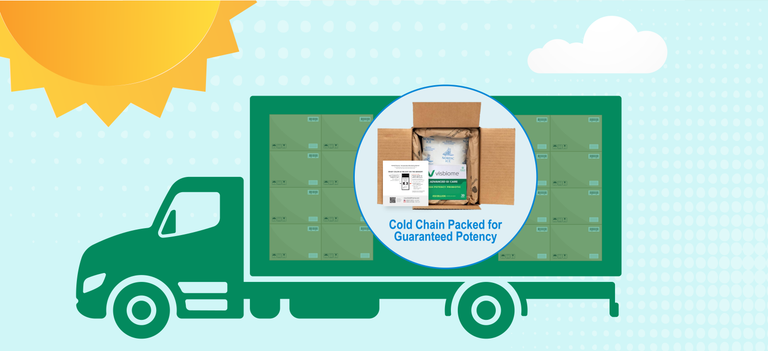In This Article
Share On
You’ve probably heard of dopamine before — it’s often called the “feel-good” chemical. It’s the little rush you get when you try something new, learn a fun fact, accomplish a goal, or even enjoy your favorite food.
When dopamine is released, your brain takes note: That felt good — let’s do it again!
But dopamine isn’t just about pleasure. It plays a big role in memory, focus, learning, mood, and motivation. It even acts like a hormone, helping protect brain health and supporting your body in important ways.
The Gut-Brain Connection
Here’s where things get even more fascinating — your gut and brain are in constant conversation through something scientists call the microbiota-gut-brain axis. This pathway is made up of the immune system, the vagus nerve, and the hypothalamus-pituitary-adrenal axis, all working together to send signals back and forth.
The vagus nerve, in particular, is a star player. It’s best known for helping control digestion and heart rate, but it also has a surprising influence on mood. The trillions of microbes living in your gut don’t just help break down food — they may also have a hand in how much dopamine your body produces and how your brain responds to it.
How the Gut Influences Dopamine
Researchers have found that certain gut bacteria can make dopamine, help break it down, and even influence the brain’s dopamine “reward” system. Some bacteria, like Lactobacillus and Bifidobacterium, have shown particular promise in studies. Interestingly, people with certain mental health conditions — such as depression and anxiety — often have lower levels of these bacteria compared to people without those conditions. This finding suggests that probiotics may one day play a role in supporting healthy dopamine levels.
What This Could Mean for Mood and Brain Health
While scientists are still piecing together exactly how gut bacteria affect dopamine, the connection is exciting. Understanding this link could lead to new ways to support focus, motivation, and emotional balance. It might even help in the management of conditions like ADHD, Parkinson’s disease, and certain mood disorders.
Some companies are already exploring supplements known as nootropics — natural or synthetic products designed to enhance brain function — that aim to work through the gut-brain axis to help maintain healthy dopamine levels.
The Takeaway
Your gut and your brain aren’t separate systems doing their own thing — they’re in constant communication, shaping how you feel, think, and even how motivated you are. While the research is still evolving, there’s strong evidence that caring for your gut health could also be a way of caring for your brain. That might mean eating more fiber-rich foods, incorporating fermented foods or probiotics, and adopting habits that support overall well-being.
By nourishing your gut, you may be giving your brain a natural boost — and possibly sparking that next feel-good dopamine rush.



